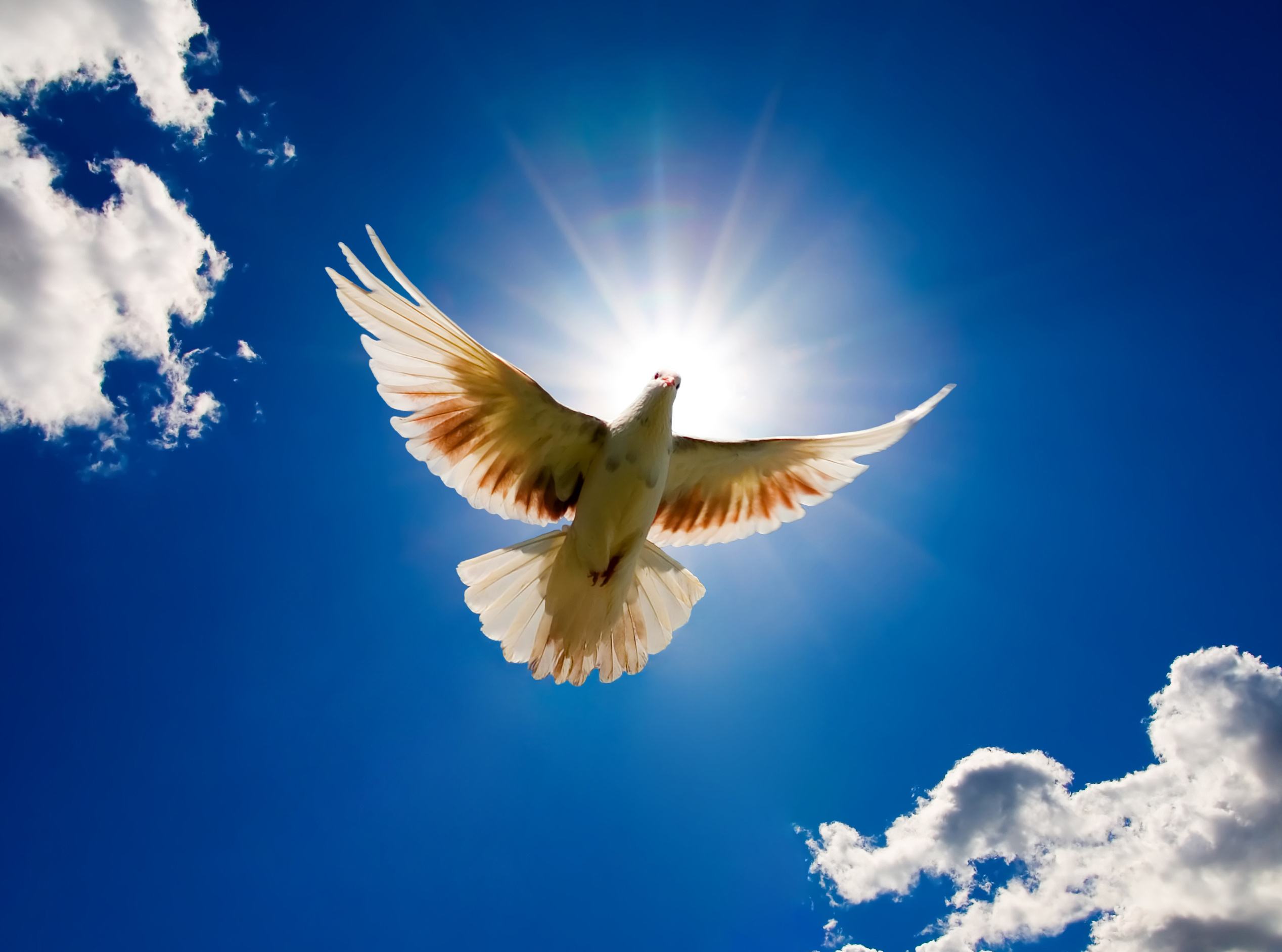Is. 58:7-10; Ps. 112:4-9: 1 Cor. 2:1-5; Mat. 5:13-16
Once called to be salt and light in baptism we share in Christ’s humanity as salt of the earth and in his divinity as light from heaven. True salt does not lose its taste in its chemical composition but it is “lost” when mixed with other impurities we call sin. Sin covers the taste of sanctity making impure what was purified by the waters of baptism. Salt returns the impure to a state of purity in a spiritual sign of holiness. In Hebrew society salt not only was used for seasoning but also as a preservative and disinfectant. We are called to be the preservative of the word made flesh and the voice to “disinfect” the mind from the snares of the devil that lead us into temptation.
As salt of the earth we season good relationships by taking care of the “hungry, sheltering the oppressed and homeless…and do not turn your back on your own.” These “good deeds” provide the light in the darkness of this world and shine up to heaven. The deeds are the good fruit to nourish the soul and the fuel for the lamp to give light. It is in giving that we receive. We receive healing from our “wound” and “vindication” justified by the blood of Christ. In giving of ourselves Christ makes himself present, “Here I am!”. It is the “secret” of great saints, Mother Teresa of Calcutta feeding the hungry and sheltering the poor, St. John Paul II preservative of the faith, Padre Pio the long hours in the confessional and many others whose lives wore the white robe of sacrificing themselves for others in long holy lives.
There are many gifts each according to our state in life but all called to be great saints for Christ. Having returned from a deacon’s retreat this past weekend we were reminded all service begins with prayer. It is the voice for the next right step to do God’s will. God is ready to pour out his gifts on his servants yet we stand in the way of receiving those gifts without the prayer of sacrifice. The gifts of God come “with a demonstration of Spirit and power” to be the light in a world of darkness. Recall the cup with water we see as half empty or half full. The battle in the mind is to see the potential of life-giving water and not the cup of the world. We receive the rivers of living water that will not run dry and share with those who thirst for life. The cup of the world preaches the darkness of failure, not good enough, hopelessness and death. Prayers focuses on the water that refreshes the soul and doesn’t run dry.
It is not what our good deeds say about us, it is how they “glorify your heavenly Father”. Great saints reflect the power of God as they trust in him. Each day we give of ourselves that is the power of God within to be good. As Jesus responded when called “good teacher” he said only “God is good” but we give his light as instruments of his goodness, beauty, truth, and unity. Be transformed into his light of love.
I am always touched by the poor and homeless when I open my window of my vehicle and give “any amount” as their sign says and their response is consistently “may God bless you”. In the poor we receive God’s messengers and demonstrate our trust and faith in him as we would receive his disciples who bring the good news and the blessing. When we give to the least, we are blessed abundantly.





Recent Comments